9 Ways COVID-19 Will Change the 2020 Elections
The 2020 election will be like no other in history, as the COVID-19 pandemic will upend the business of politics as usual.
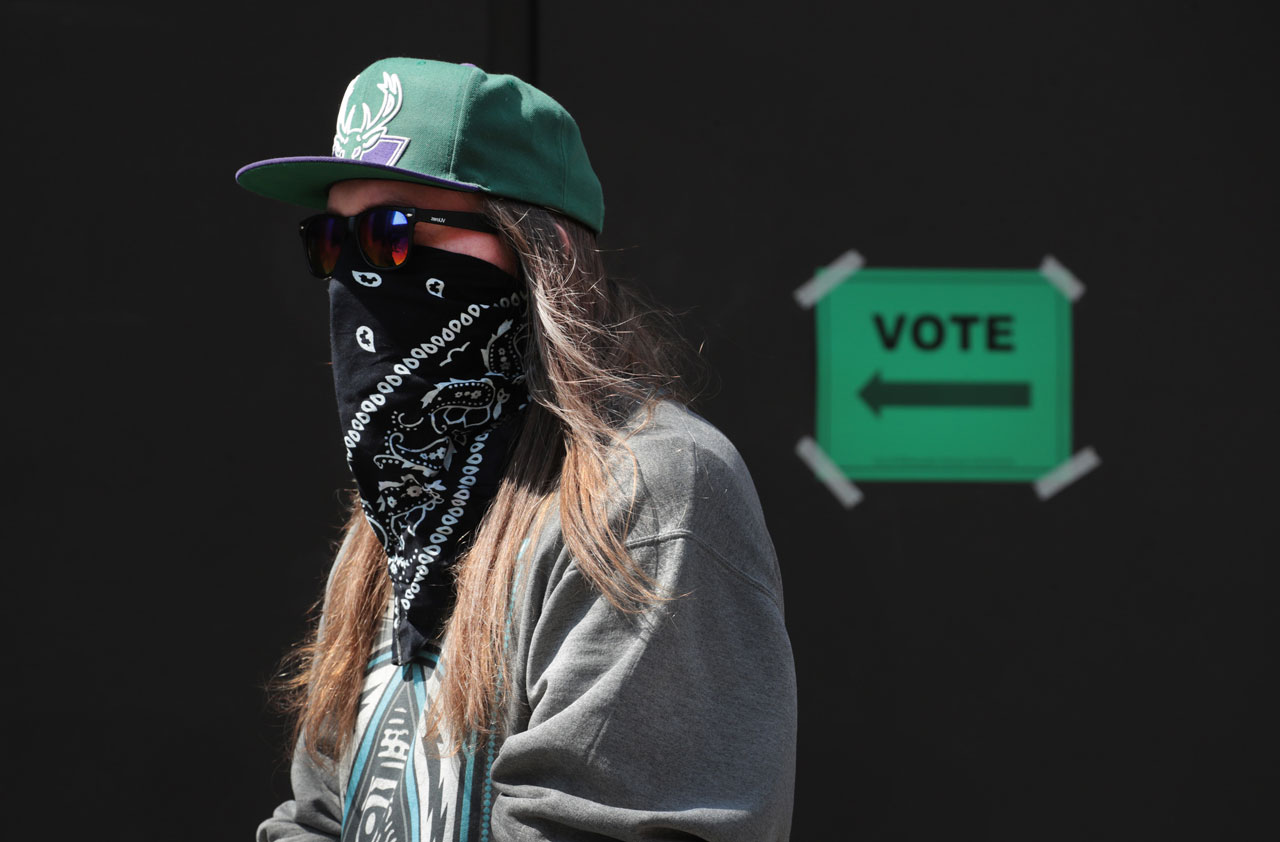
Profit and prosper with the best of Kiplinger's advice on investing, taxes, retirement, personal finance and much more. Delivered daily. Enter your email in the box and click Sign Me Up.
You are now subscribed
Your newsletter sign-up was successful
Want to add more newsletters?

Delivered daily
Kiplinger Today
Profit and prosper with the best of Kiplinger's advice on investing, taxes, retirement, personal finance and much more delivered daily. Smart money moves start here.

Sent five days a week
Kiplinger A Step Ahead
Get practical help to make better financial decisions in your everyday life, from spending to savings on top deals.

Delivered daily
Kiplinger Closing Bell
Get today's biggest financial and investing headlines delivered to your inbox every day the U.S. stock market is open.

Sent twice a week
Kiplinger Adviser Intel
Financial pros across the country share best practices and fresh tactics to preserve and grow your wealth.

Delivered weekly
Kiplinger Tax Tips
Trim your federal and state tax bills with practical tax-planning and tax-cutting strategies.

Sent twice a week
Kiplinger Retirement Tips
Your twice-a-week guide to planning and enjoying a financially secure and richly rewarding retirement

Sent bimonthly.
Kiplinger Adviser Angle
Insights for advisers, wealth managers and other financial professionals.

Sent twice a week
Kiplinger Investing Weekly
Your twice-a-week roundup of promising stocks, funds, companies and industries you should consider, ones you should avoid, and why.

Sent weekly for six weeks
Kiplinger Invest for Retirement
Your step-by-step six-part series on how to invest for retirement, from devising a successful strategy to exactly which investments to choose.
The 2020 election will be like no other in history, as the COVID-19 pandemic will upend the business of politics as usual. Politicians and candidates are quickly changing the way they operate, a dynamic that will continue through the November elections. Campaigning, fundraising, voting – none will be immune to the pandemic. Even if the crisis significantly subsides before the November election, behaviors and practices will be slow to return to normal.
Here are nine ways this election season will be different.
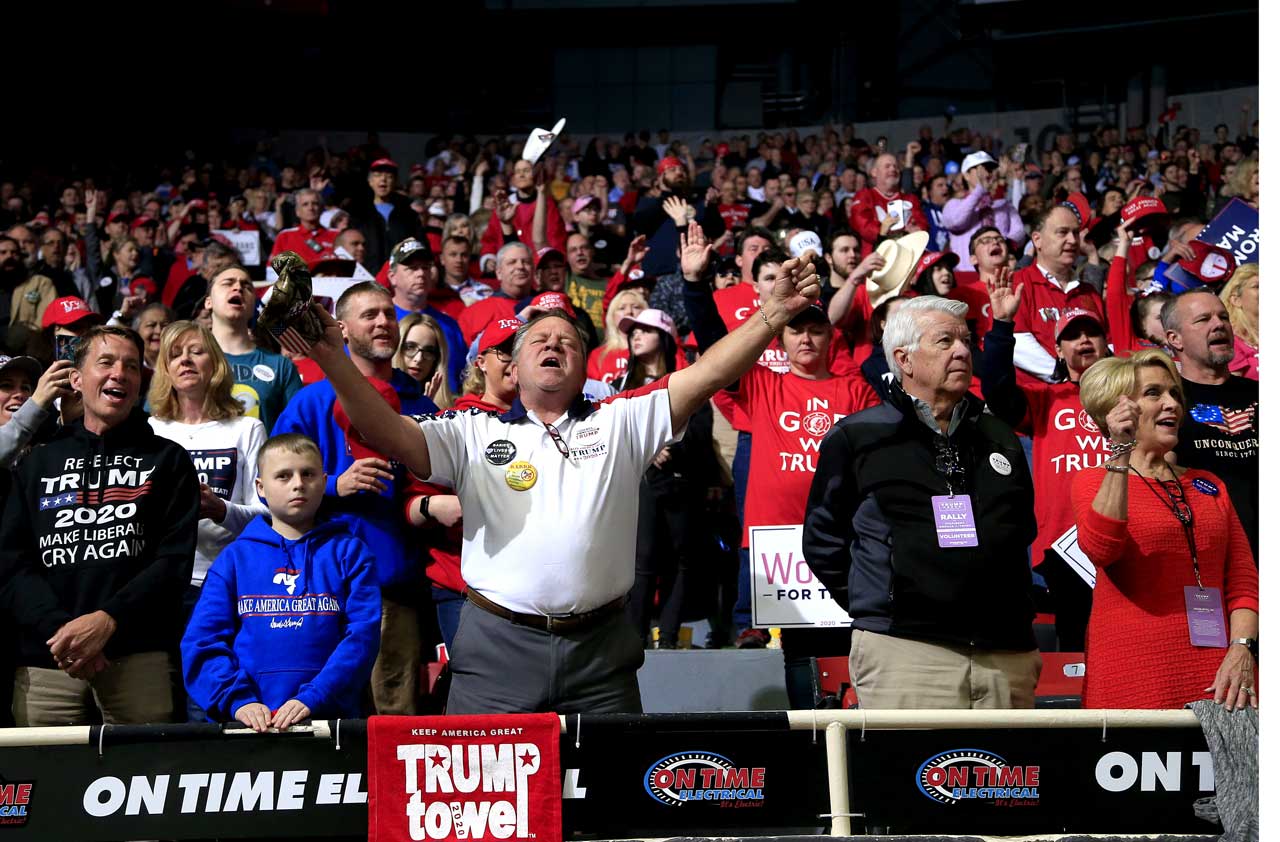
No Campaign Rallies Until Further Notice
Bans on mass gatherings will rob candidates of a popular forum for spreading their message. This is particularly troubling to President Trump, who has relied heavily on stadium rallies to reach his base. Even if social distancing rules are relaxed or reversed before November, many Americans still will be wary of joining large gatherings of all stripes.

No Knocking on Doors, Either
One-on-one in-person interactions are essential to anyone running for office. But this is almost impossible with current social distancing rules, meaning that the age-old campaign practices of door knocking and glad handing are off the table for now. This will be a particular challenge for new politicians hoping to boost name recognition. Even after the pandemic is over, it may be a long time before people are comfortable opening their front door to a stranger.
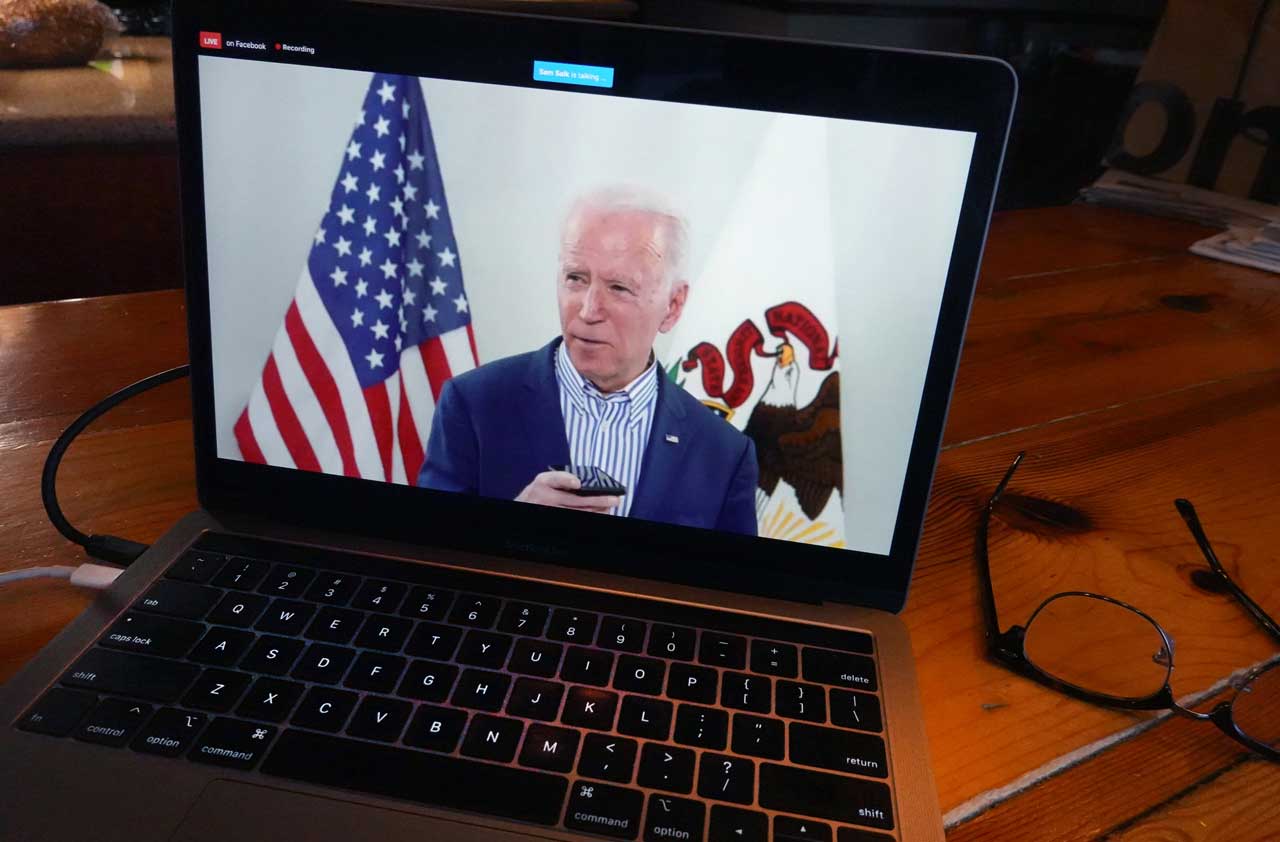
More Virtual Campaigning
With traditional in-person campaigning almost impossible with social distancing rules in place, look for candidates to get creative in spreading their messages. Tele-town hall events and online debates will help fill the void, like this from the Trump reelection campaign or this from the Biden camp. Campaigns also will rely on text messaging as a method for engaging potential voters.
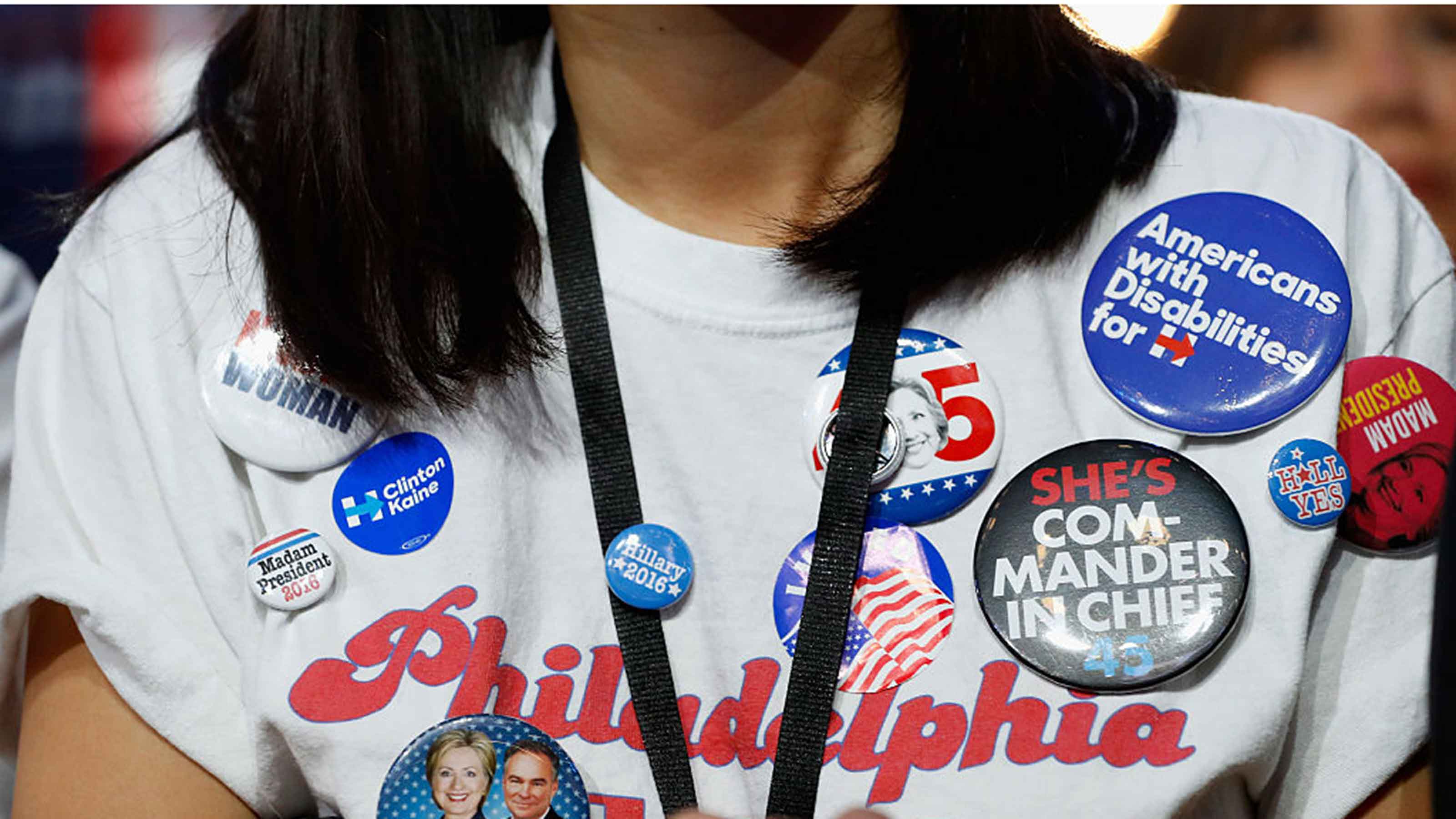
Virtual Party Conventions, Too
The party conventions this summer will be scaled-back affairs, with “virtual” conventions conducted via video-conferencing an increasing possibility. Democrats already have pushed back their convention in Milwaukee from mid-July to mid-August and have hinted that a traditional party gathering might not be tenable. Republicans so far haven’t changed plans to hold their convention in late August in Charlotte. But if the pandemic scare continues into the summer, look for both parties to devise a Plan B for their quadrennial gatherings.

Political Ad Spending Will Break Records
Even as COVID-19 takes a bite out of the advertising sector, political ad spending will set a new record this year. One estimate, from media intelligence firm Advertising Analytics: $6 billion, a 57% increase from the 2018 election cycle. $4.4 billion of that total will be spent on traditional media ads (broadcast, cable, radio), with the remaining $1.6 billion devoted to digital ones (primarily on Facebook and Google). By contrast, total ad spending overall is expected to decline by 2.8% this year.
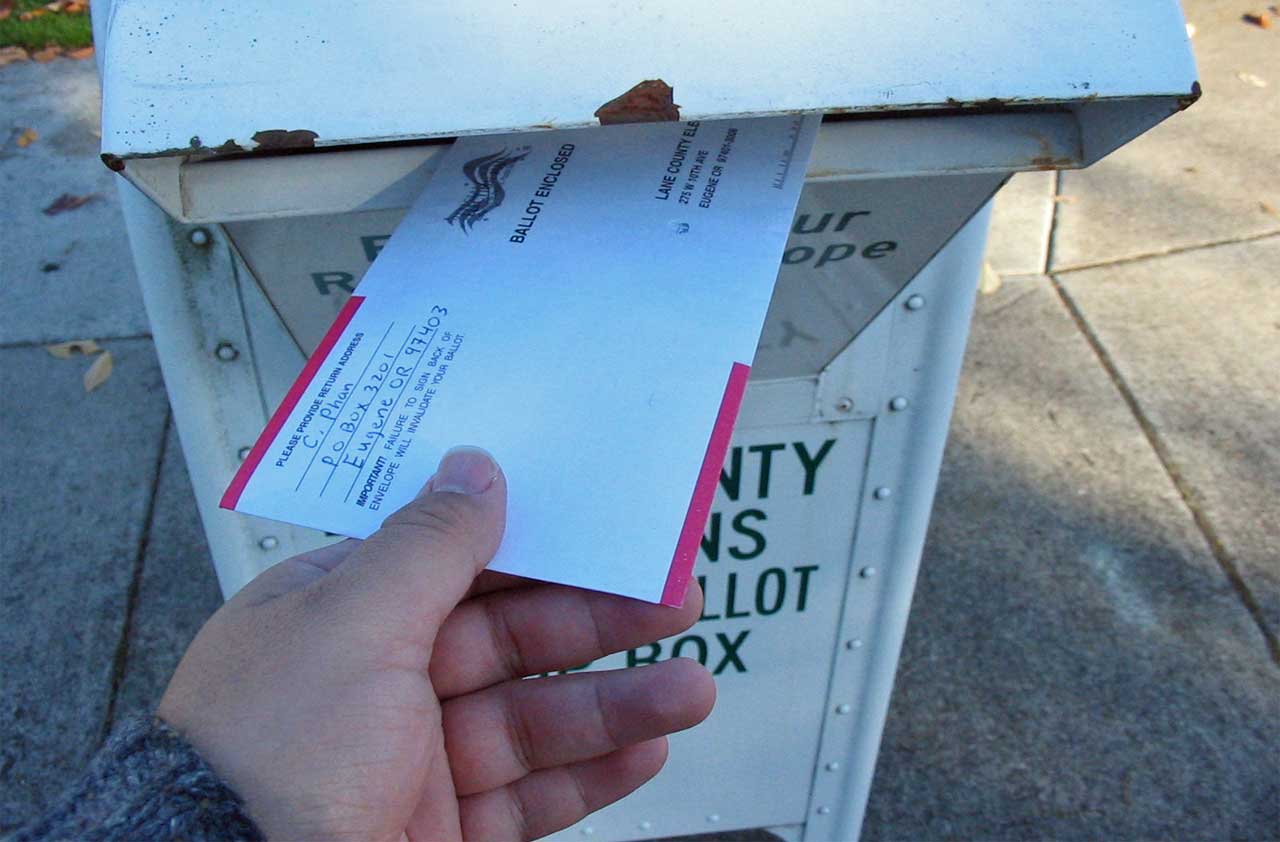
More Voting by Mail and Online
A record number of voters will cast ballots by mail in 2020, even though Congress is unlikely to allow for postal voting nationwide. Five states already conduct all elections by mail (Colorado, Hawaii, Oregon, Utah, Washington). The majority of them permit no-excuse absentee voting, so registered voters can request a ballot by mail for any reason. Expect other states to adopt such measures as well, if only on an emergency basis.
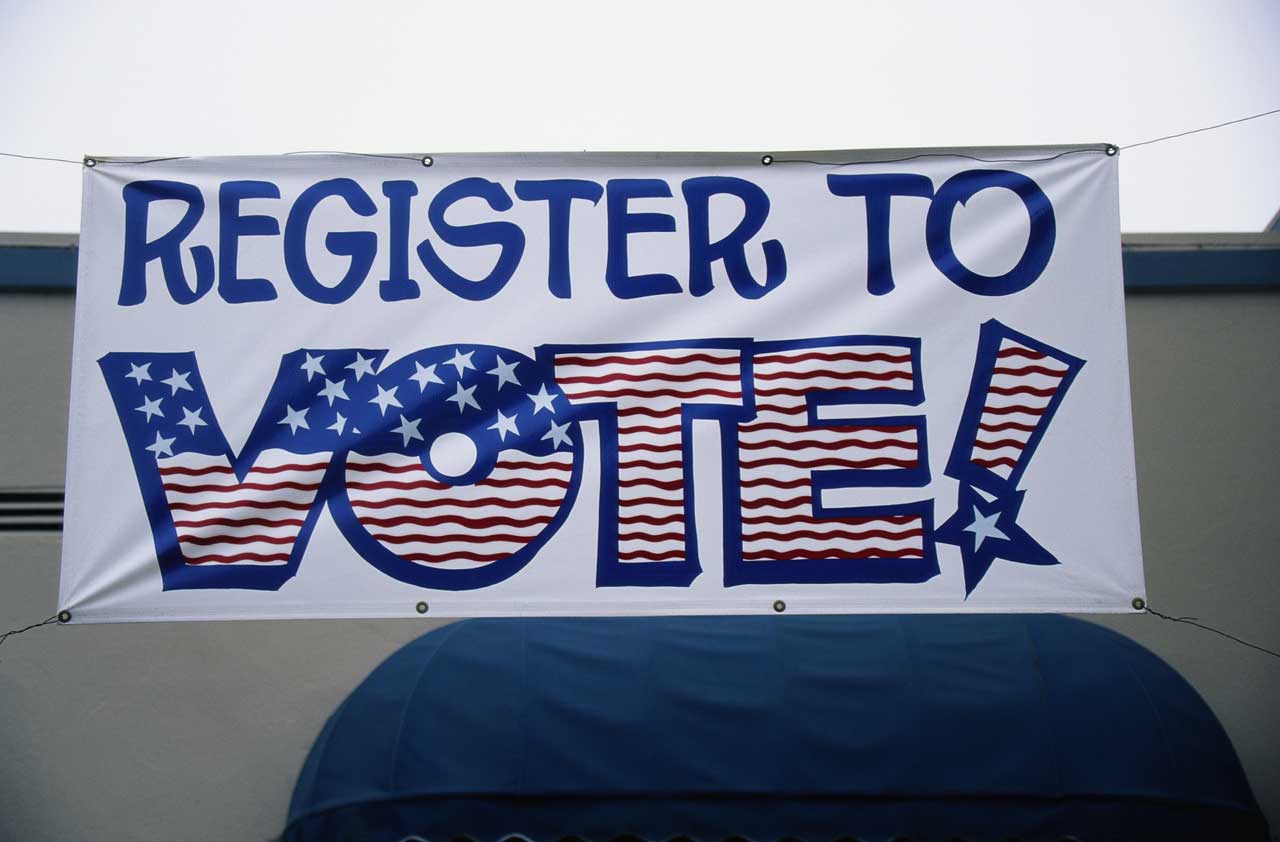
Voter Registration by Mail and Online
COVID-19 will make get-out-the-vote efforts more challenging, but not impossible, as volunteers turn to phone calls and social media to encourage prospective voters to register and cast ballots in the coming election. A majority of states already offer online voter registration; some, including North Carolina, have moved to expand such offerings since the start of the outbreak. It’s also easy to register to vote by mail, though rules vary by state.
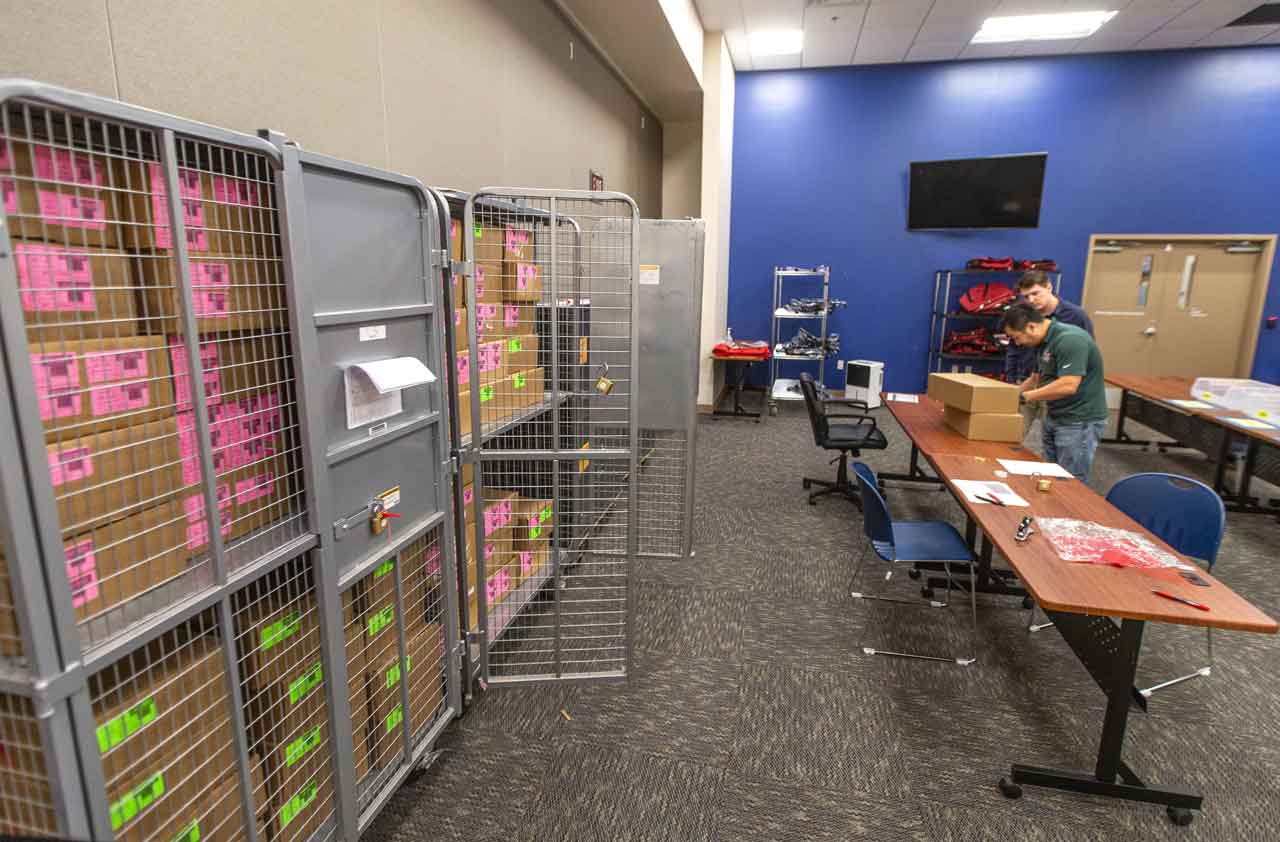
Delays in Official Results?
Due to these special circumstances, don’t be surprised if the official outcome of the 2020 presidential contest isn’t clear on election night. Most states aren’t equipped to handle such a large quantity of mail-in ballots, which also take longer to count. California, where two thirds of the population votes by mail, is famously slow at tabulating results. Other hiccups will inevitably arise. Look for legal challenges, both to states that expand vote-by-mail and to those that don’t.
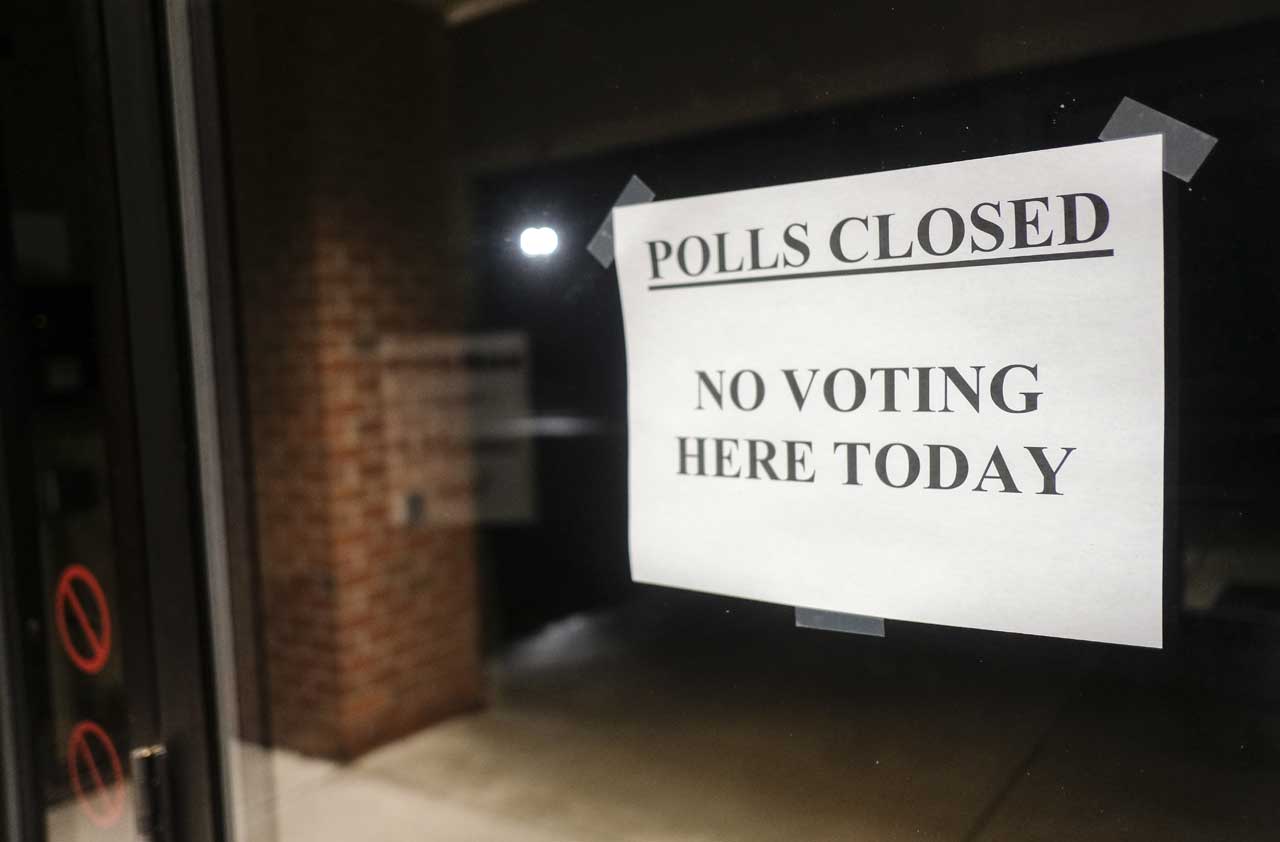
Profit and prosper with the best of Kiplinger's advice on investing, taxes, retirement, personal finance and much more. Delivered daily. Enter your email in the box and click Sign Me Up.

Sean Lengell covers Congress and government policy for The Kiplinger Letter. Before joining Kiplinger in January 2017 he served as a congressional reporter for eight years with the Washington Examiner and the Washington Times. He previously covered local news for the Tampa (Fla.) Tribune. A native of northern Illinois who spent much of his youth in St. Petersburg, Fla., he holds a bachelor's degree in English from Marquette University.
-
 Nasdaq Leads a Rocky Risk-On Rally: Stock Market Today
Nasdaq Leads a Rocky Risk-On Rally: Stock Market TodayAnother worrying bout of late-session weakness couldn't take down the main equity indexes on Wednesday.
-
 Quiz: Do You Know How to Avoid the "Medigap Trap?"
Quiz: Do You Know How to Avoid the "Medigap Trap?"Quiz Test your basic knowledge of the "Medigap Trap" in our quick quiz.
-
 5 Top Tax-Efficient Mutual Funds for Smarter Investing
5 Top Tax-Efficient Mutual Funds for Smarter InvestingMutual funds are many things, but "tax-friendly" usually isn't one of them. These are the exceptions.
-
 32 Ways to Make Money in 2025
32 Ways to Make Money in 2025business Check out these cool side hustles to earn bonus bucks this year.
-
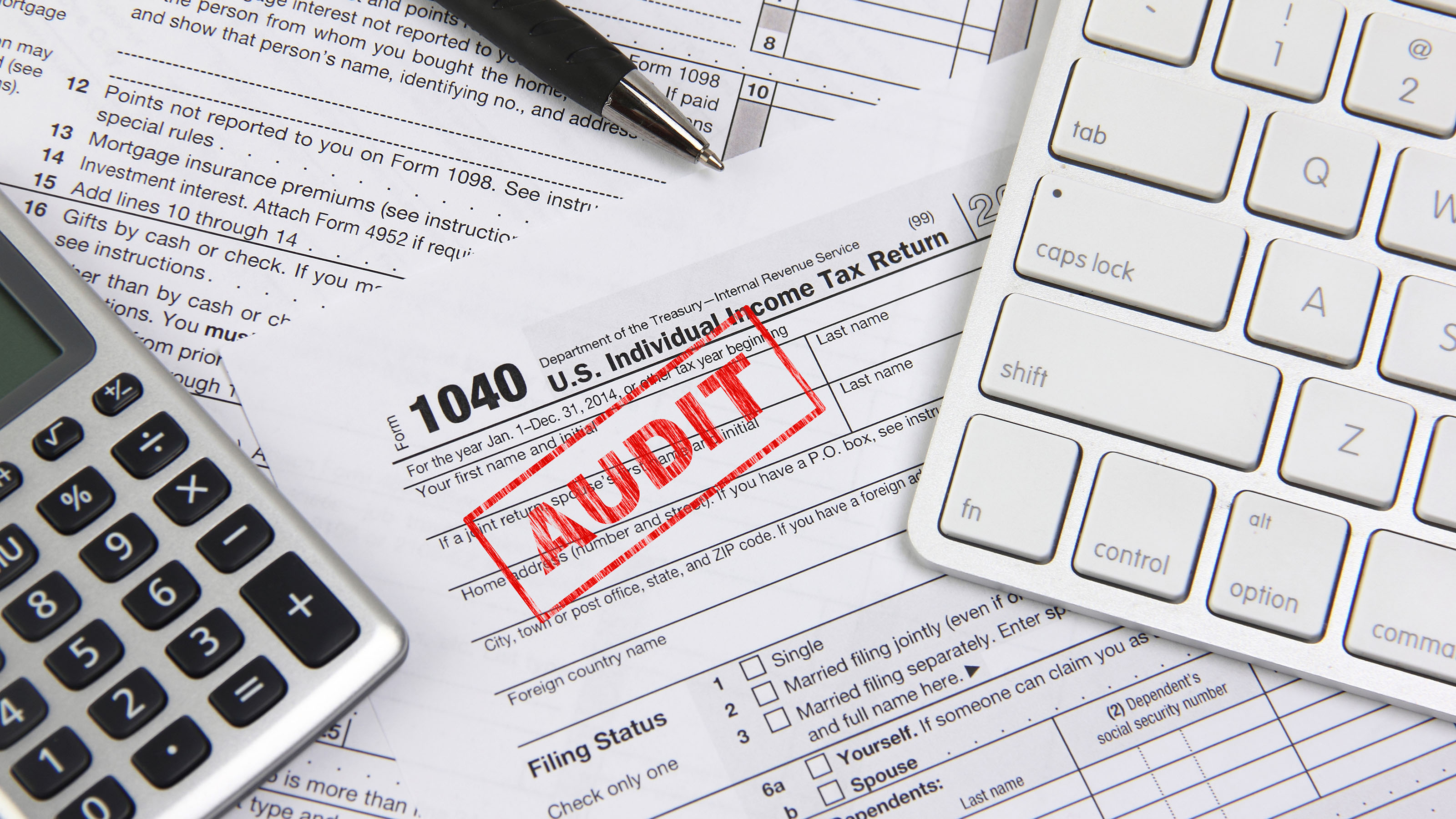 12 IRS Audit Red Flags for the Self-Employed
12 IRS Audit Red Flags for the Self-Employedtaxes If you are self-employed, minimize the odds of an IRS audit by avoiding these audit triggers.
-
 Business Cost Outlooks for 2022: Eight Key Sectors
Business Cost Outlooks for 2022: Eight Key SectorsEconomic Forecasts What’s in store for all sorts of business costs in 2022?
-
 Open Enrollment Brings New Employee Perks (for a Price)
Open Enrollment Brings New Employee Perks (for a Price)Employee Benefits The pandemic and an increasingly diverse workforce have led to more benefits options for workers.
-
 COVID Sparked a Surge of Generosity
COVID Sparked a Surge of GenerosityCoronavirus and Your Money One big focus among donors: charities that address food insecurity.
-
 Tough Times for a Family Business
Tough Times for a Family BusinessBusiness Costs & Regulation His dry-cleaning operation was rocked by the pandemic, but he is staying optimistic.
-
 Our "K-Shaped," Uneven Economic Recovery
Our "K-Shaped," Uneven Economic RecoveryEconomic Forecasts Confidence is key to the recovery, but the sentiment depends on consumers’ financial circumstances.
-
 Reliving a Harlem Renaissance
Reliving a Harlem RenaissanceBusiness Costs & Regulation After a tough winter, two sisters look forward to reviving their restaurant’s business.


